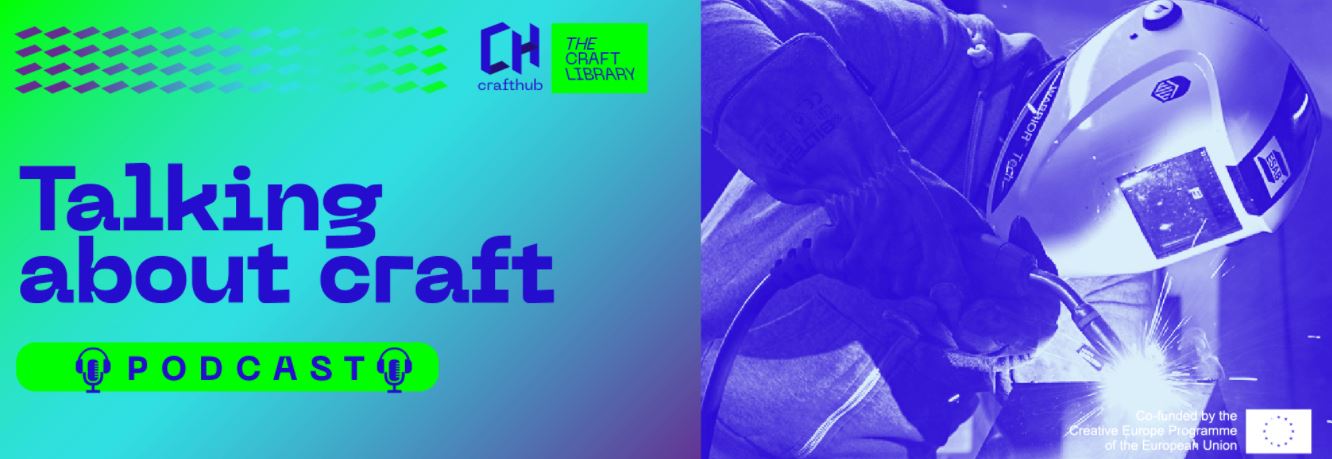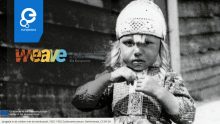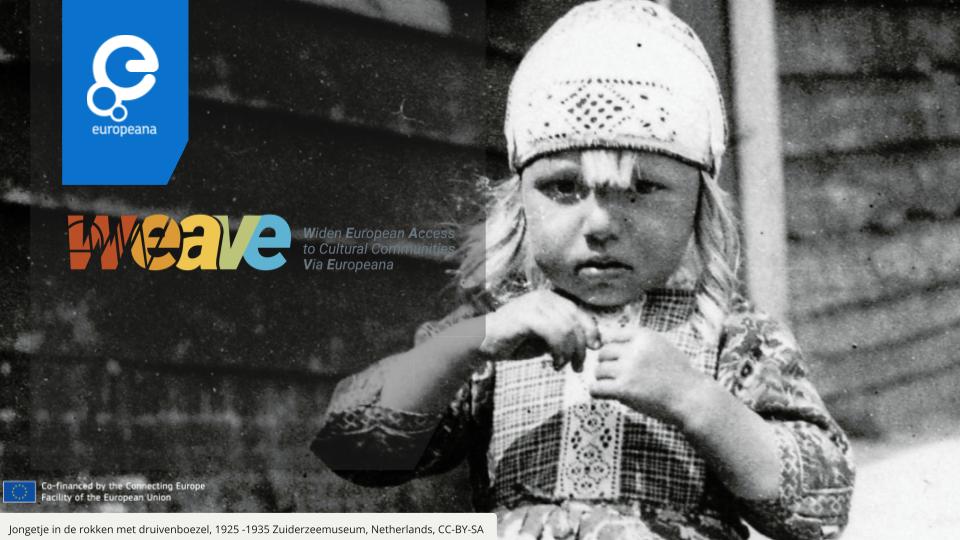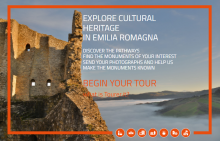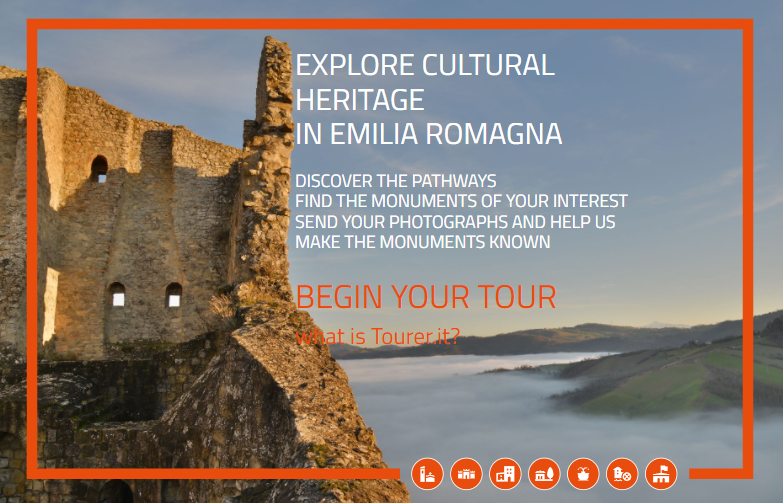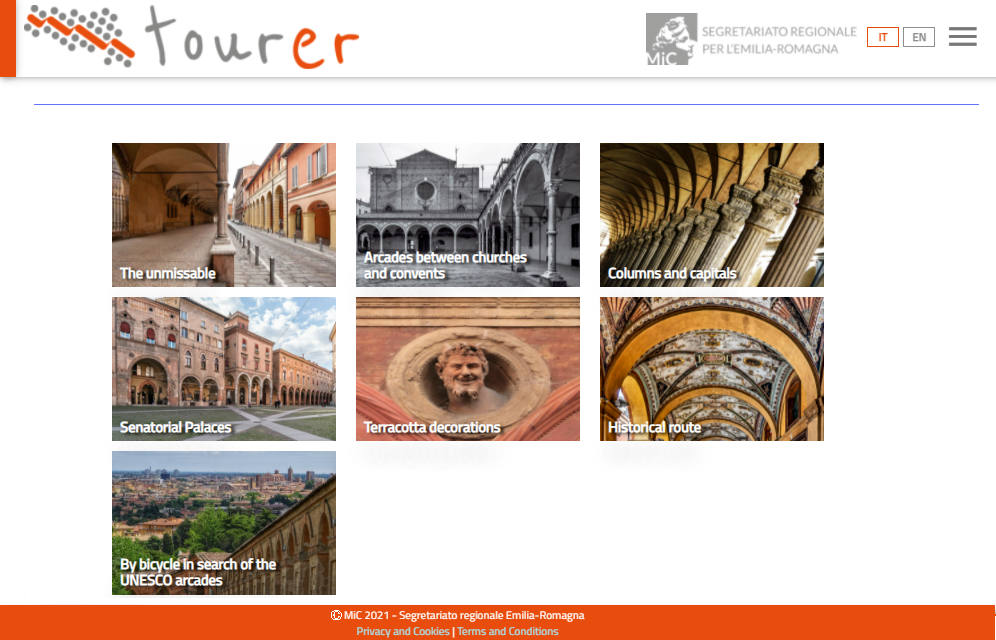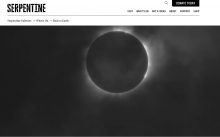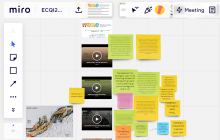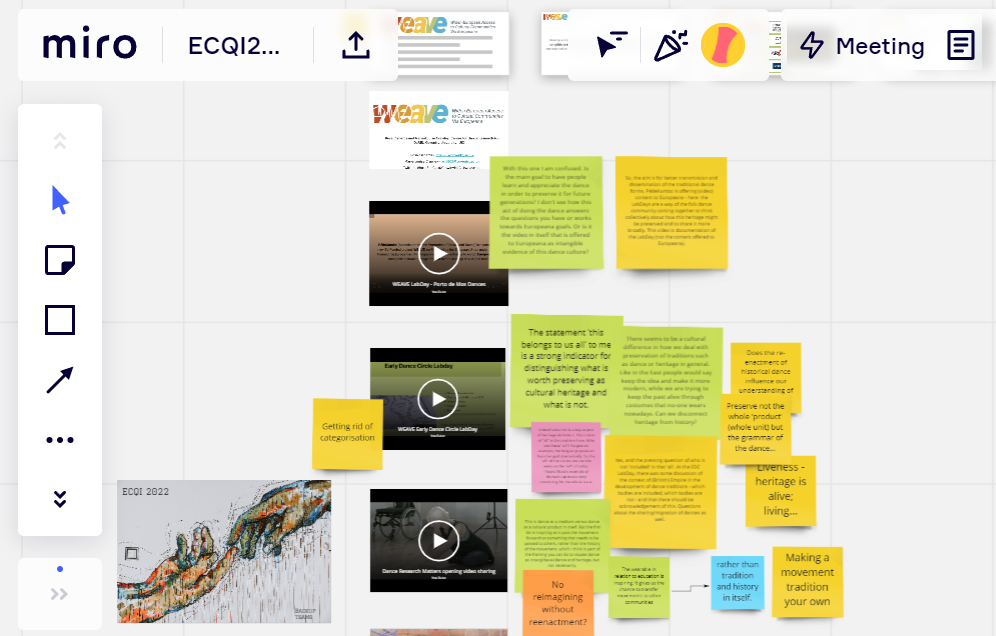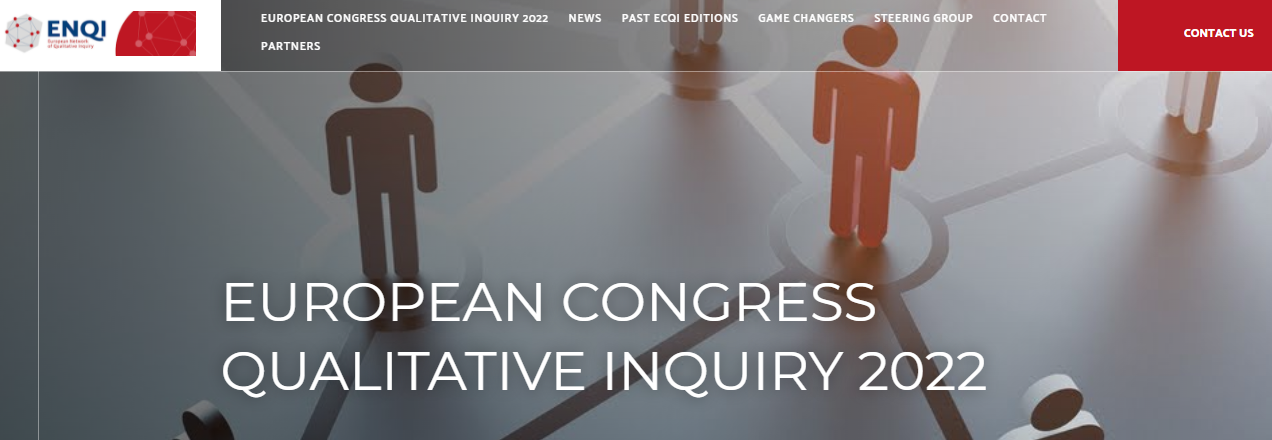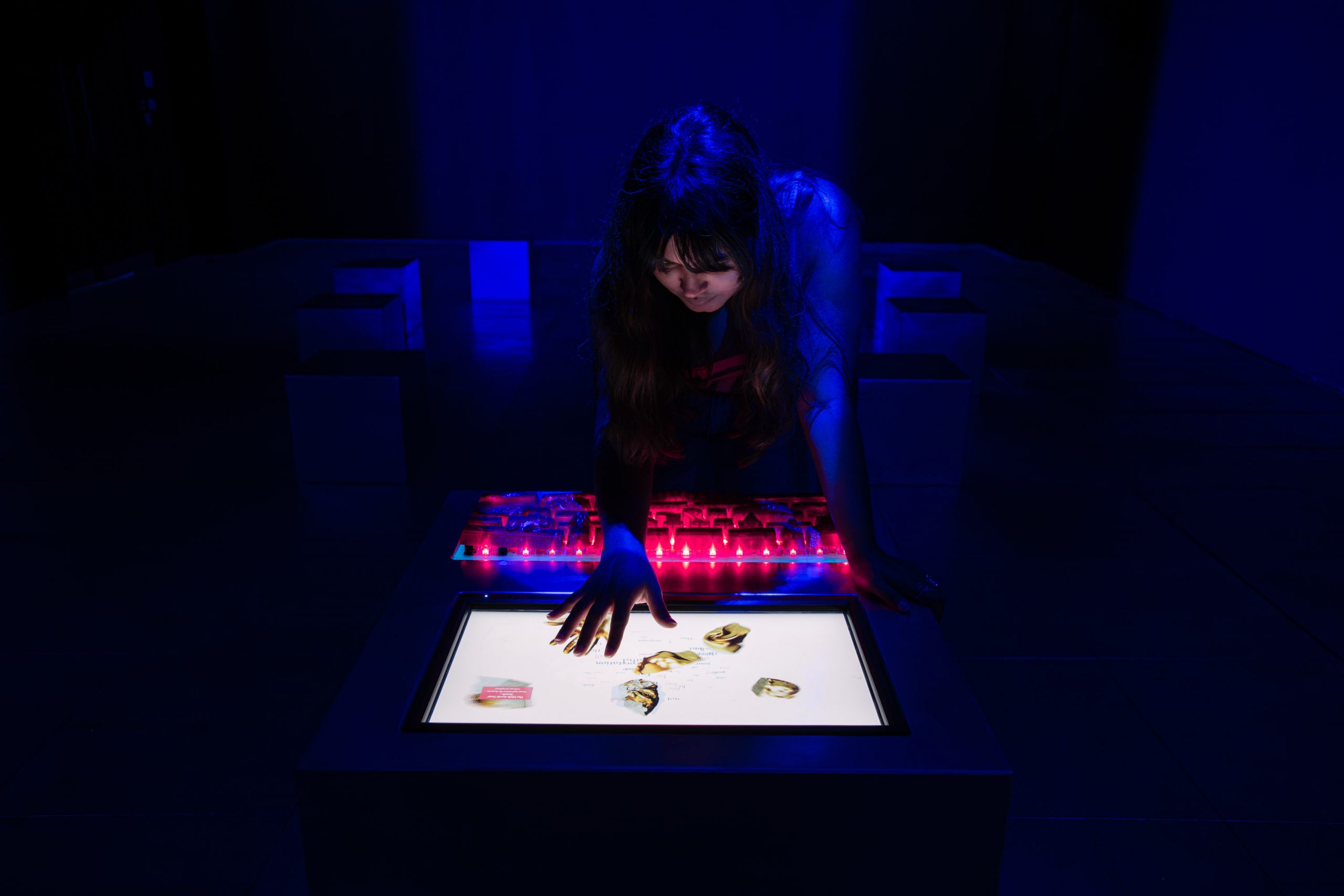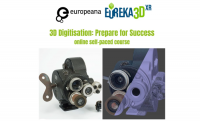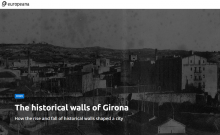Agreement between Pompeii contemporary art platform and Serpentine Galleries in London
text by Caterina Sbrana.
I proposed months ago to DIGITALMEETSCULTURE readers an article referring to a series of artistic initiatives at the Serpentine Galleries in London in which technology meets art, entitled “Arts Technologies at Serpentine Galleries“.
In Spring 2020, Serpentine and the Archaeological Park of Pompeii’s contemporary art platform, Pompeii Commitment. Archaeological Matters launched a collaboration inviting three artists involved in the Serpentine’s Back to Earth project to share insights from their ongoing research which intersects with questions connected to archaeology, archaeobotany and archaeozoology.
To understand the importance of this collaboration it is first necessary to describe the Back to Earth project.
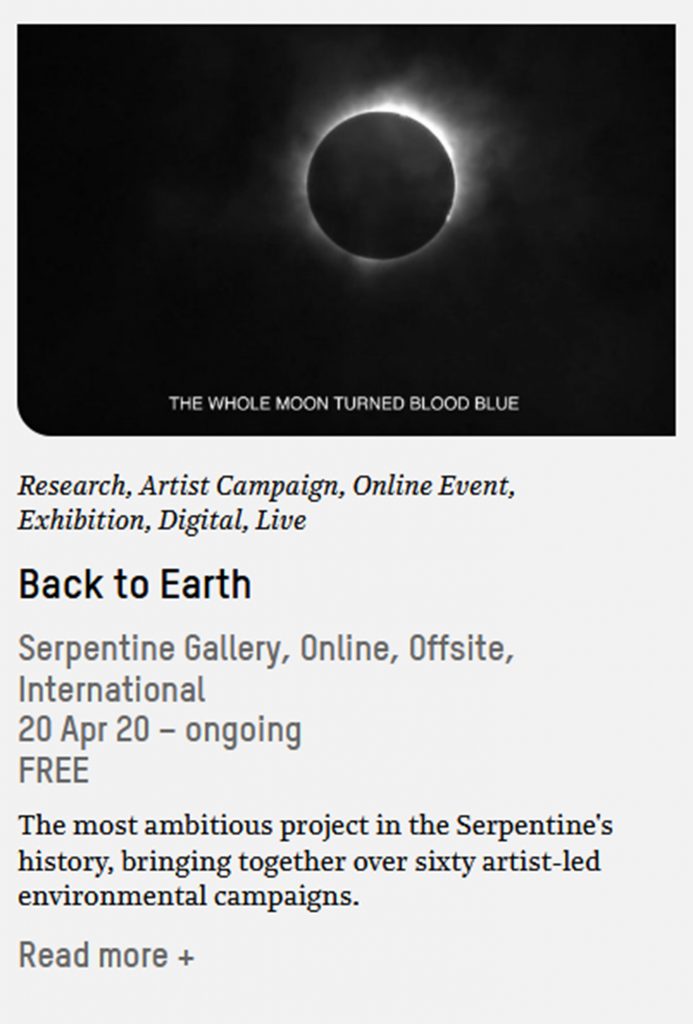
This is a screenshot of the Back to Earth Project, in the What’s on section of Serpentine home page: https://www.serpentinegalleries.org/whats-on/
As we read in the presentation of the project: “Back to Earth is a new multi-year project that invites over sixty leading artists, architects, poets, filmmakers, scientists, thinkers and designers, to devise artist-led campaigns, protocols and initiatives responding to the environmental crisis, with the support of partner organisations and networks”. https://www.serpentinegalleries.org/whats-on/back-to-earth/).
We can consider Back to Earth at the same time a program about change and a catalyst for change. Through art, exhibitions, discussions not only on climate change but to what is happening to the environment of which man is an inseparable part, Back to Earth becomes a complex web of interconnected research, interventions and activities.
Even if faraway in terms of physical-geographical space, Back to Earth and Pompeii Commitment. Archaeological Matters are close to each other in their aims.
Within the virtual space of its platform, Pompeii Commitment. Archaeological Matters does not physically introduce us to Pompeii, but aims to go beyond, uniting archaeology and modernity through finds that reveal the succession of civilizations with a common origin and the same destiny. What most interests me is the invitation for each individual to take an attitude not only of awareness through knowledge, but of constant commitment to the defense of cultural heritage “not only as a legacy of the past but also as a responsibility in the present”. (https://pompeiicommitment.org/en/portal/)
With this premise of intent we can immediately understand the sense of the agreement between Serpentine and Pompeii Commitment around the project Back to Earth.
In the portal pompeiicommitment.org it’s declared the purpose of the twelve months programs : “The proposed method of work connects the testimonies of catastrophes which have already occurred with contemporary scenarios of risk and regeneration, producing an episteme that practices the act of caring for cultural heritage not only as a “legacy” of the past but also as a “responsibility” in the present, and therefore as a “perspective” towards the future”.
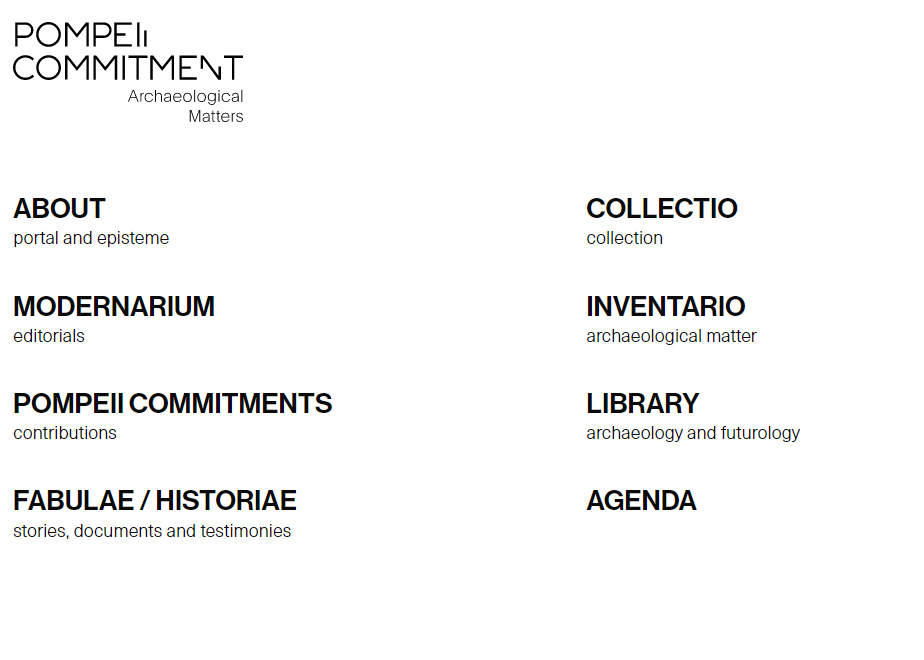
Screenshot image from the Pompei Commitment that shows the sections; https://pompeiicommitment.org/collectio/
This new approach to archaeology, together with the opportunities offered by digitization and the internet can be a stimulus for the research of existing heritage and for the “creation of new possible and future scenarios, in a context which supports dialogues across generations, backgrounds and disciplines, and that is able to respond critically to the effects of a globalized and digitized society divided by lasting conflict, exposed to the multiple risks of self-destruction, and to the dynamics triggered by social inequality and discriminating access to both material and educational resources.” (https://pompeiicommitment.org/en/portal/)
Starting from these premises we can realize the topics around which Serpentine and Pompeii Commitment decided to collaborate, and among these it is possible to highlight the necessity to respond to the environmental crisis as well as to respond critically to the effects of a globalized society. To reflect on these important issues related to archaeology, archaeobotany and archeozoology, three artists have been involved: Tai Shani, Alexandra Daisy Ginsberg, Tabita Rezaire. The projects of the first two artists were presented on 11 February and 18 February while the Rezaire project from 25 February to 3th March.
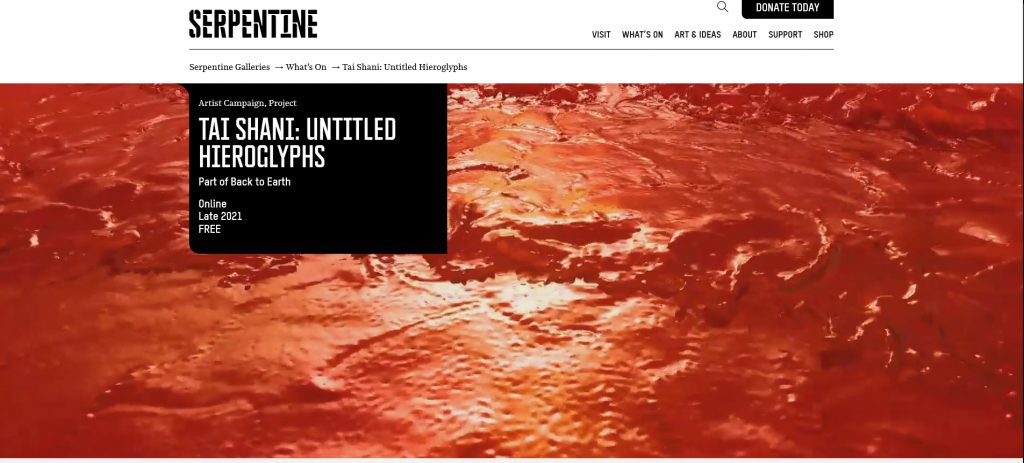
Screenshot image that opens the work of the artist Tai Shani titled “Untitled Hieroglyphs”; https://www.serpentinegalleries.org/whats-on/tai-shani-untitled-hieroglyphs/
Tai Shani project’s first release, Untitled Hieroglyphs, is a film emerging from a conversation between the artist who lives and works in London and Serpentine Curator of General Ecology, Lucia Pietroiusti, developed on the occasion of a collaboration between Serpentine and the Archaeological Park of Pompeii’s contemporary art platform, Pompeii Commitment. Archaeological Matters. So we have the opportunity to see the film in which the artist explains her research project into psychedelics, feminism and myth but also to read questions and answers of the interview by Pietroiusti. Tai explains her work: “The story is that in Alicudi there was a continuous outbreak of Ergot that lasted for four hundred and fifty years, because the only kind of source of grain available on the island during that time was an Ergot-infested rye which had been milled into bread, and that subsequently people were tripping for four hundred and fifty years. But the thing is of course that this would be impossible. The conditions for Ergot are quite specific, in order for the fungus to emerge – it’s not as common as one might think, so I really don’t think it can have lasted all that time. But those are exactly the kind of histories I’m interested in; ones that are a little bit contested, and that have this sense of flight or excessiveness within them. So I was immediately really drawn to that.”
The artist Alexandra Daisy Ginsberg examines our relationships with nature and technology. Her work explores many subjects such as artificial intelligence, conservation, evolution, synthetic biology, and investigates the human impulse to better the world.

Screenshot image that opens the as-yet-untitled project by the artist Alexandra Daisy Ginsberg; https://www.serpentinegalleries.org/whats-on/alexandra-daisy-ginsberg/
Even in this case, due to the collaboration between Serpentine and the Archaeological Park of Pompeii’s contemporary art platform, Pompeii Commitment. Archaeological Matters, the artist Ginsberg and Rebecca Lewin, Serpentine’s Curator of Exhibition and Design, talk about a subject: the survey of biodiversity and the decline of pollinators. This artistic research of Ginsberg will end with a new outdoor installation commissioned by Eden Project in Cornwall.
Rezaire, the third artist involved in this project, explores spirituality together with space. His work Mamelles ancestrales, 2019 undertakes an exploration of knowledge about megaliths, ancient stone monuments, often in the shape of a circle, found all over the world.
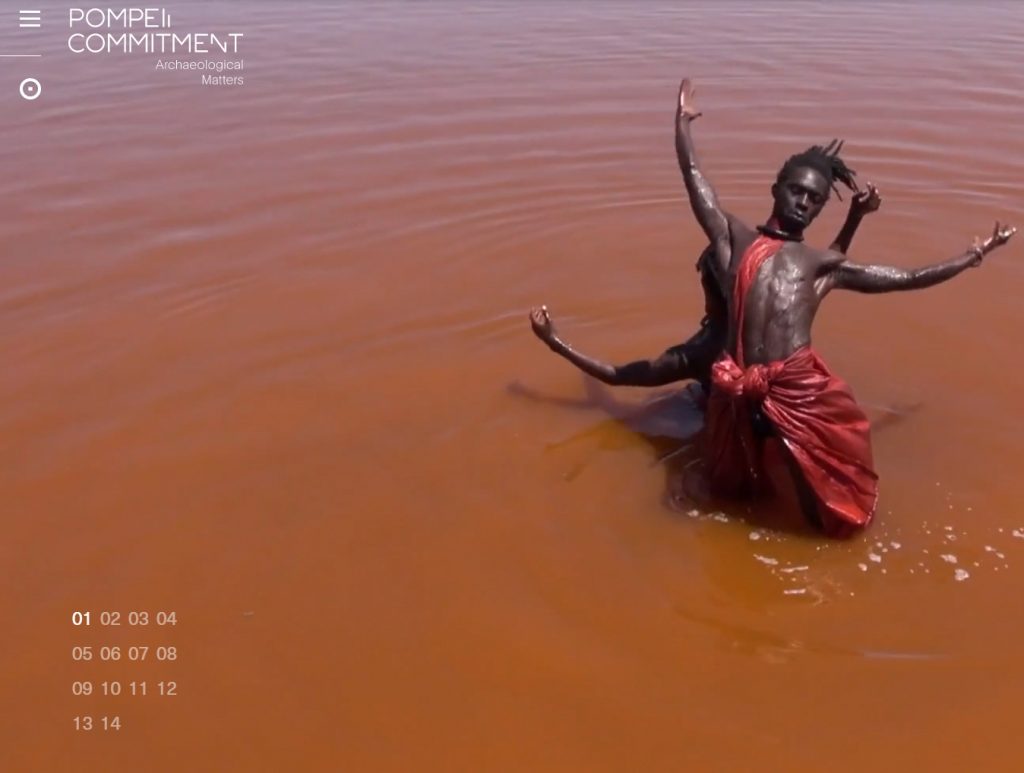
Screenshot image that opens the project by the artist Tabita Rezaire, Mamelles ancestrales, 2019; https://pompeiicommitment.org/commitment/tabita-rezaire/
Thanks to the agreement between Serpentine and Pompeii Commitment, the works of the three artists were published in parallel on: www.serpentinegalleries.org/whats-on/back-to-earth and on www.pompeiicommitment.org.
Once again, digital technology is able to facilitate the dissemination of information, the knowledge of art, of historical events and, while not replacing our experience of viewing modern works of art as well as archaeological finds, the digital access can certainly enrich our experience.
www.serpentinegalleries.org/whats-on/back-to-earth
www.pompeiicommitment.org
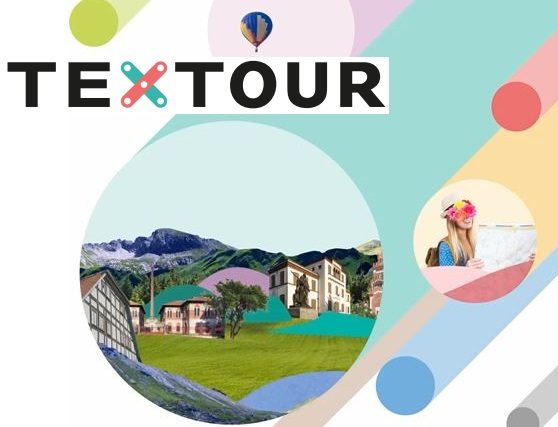


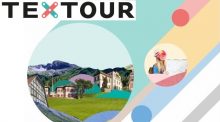
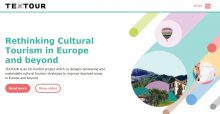
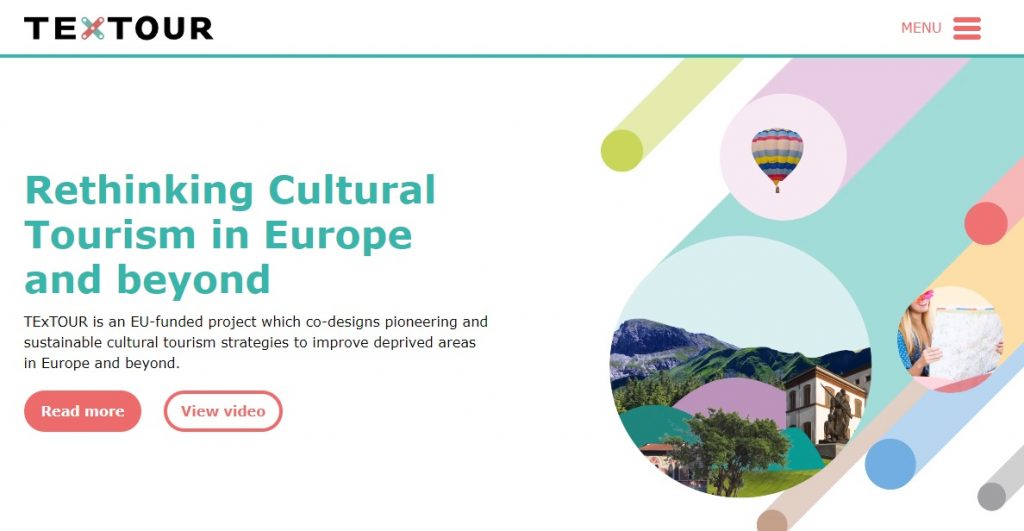
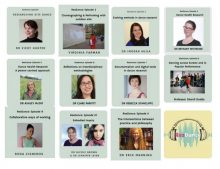
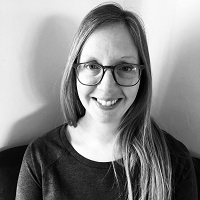 ResDance Podcast series, curated by Dr. Gemma Harman, Senior Lecturer in Dance and Dance Science, Dance Department at the University of Chichester, is a podcast dedicated to research methodologies and methods in dance practice, intended for educators, students, practitioners and performers and interdisciplinary researchers curious to learn more about dance research in action.
ResDance Podcast series, curated by Dr. Gemma Harman, Senior Lecturer in Dance and Dance Science, Dance Department at the University of Chichester, is a podcast dedicated to research methodologies and methods in dance practice, intended for educators, students, practitioners and performers and interdisciplinary researchers curious to learn more about dance research in action.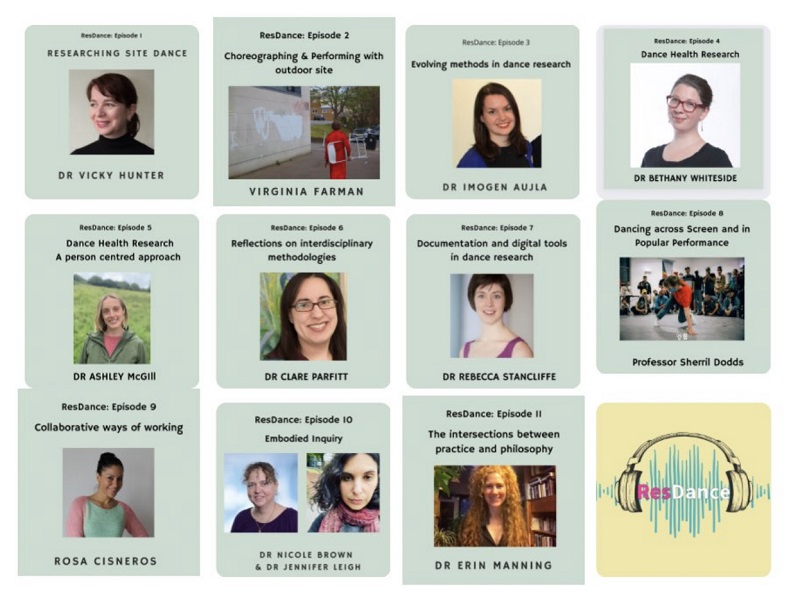
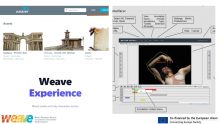
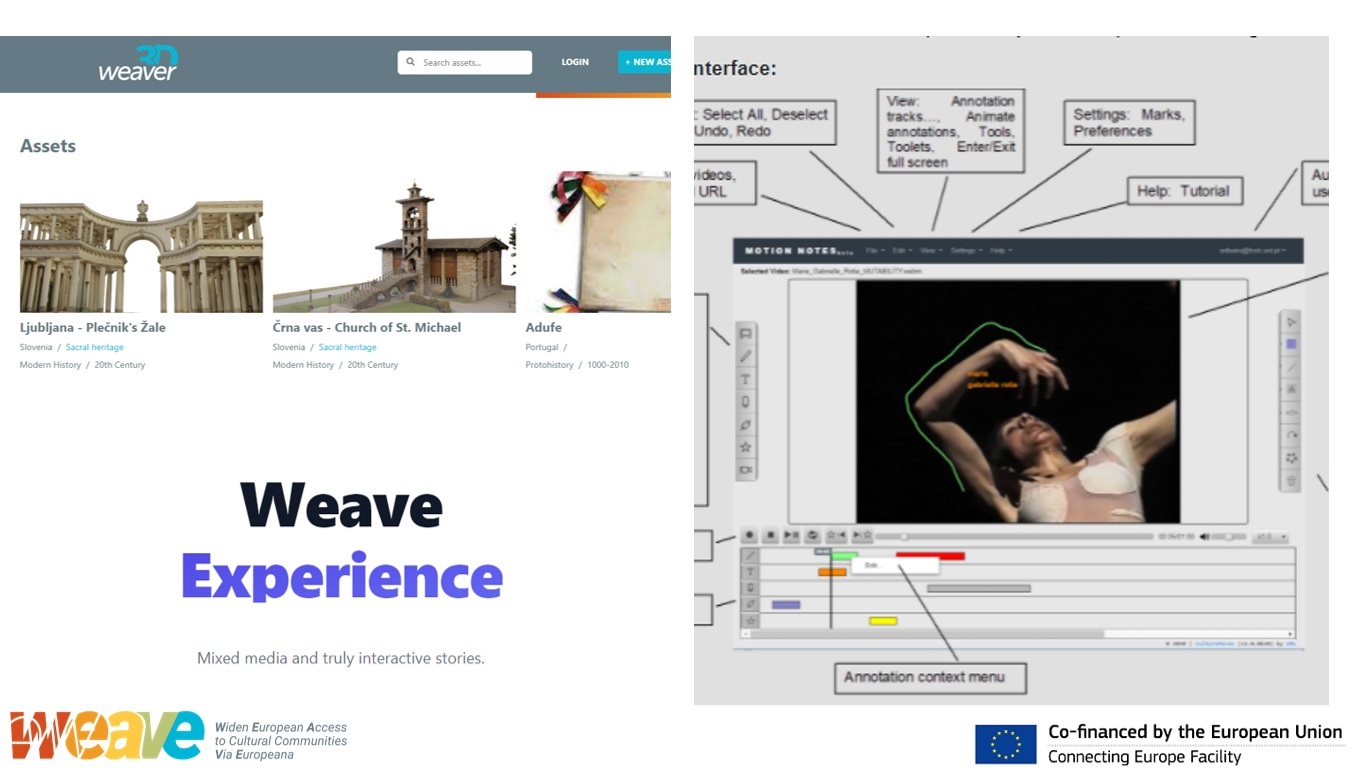
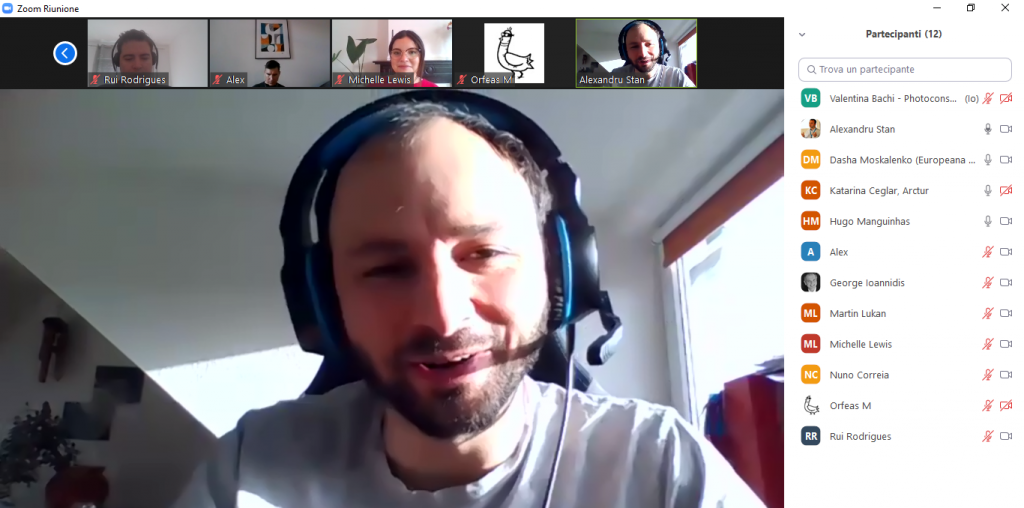 The challenge at this phase of development is to find the easiest and more seamless way to integrate the various technical components to grant full compliance with the Europeana core service platform.
The challenge at this phase of development is to find the easiest and more seamless way to integrate the various technical components to grant full compliance with the Europeana core service platform.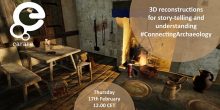
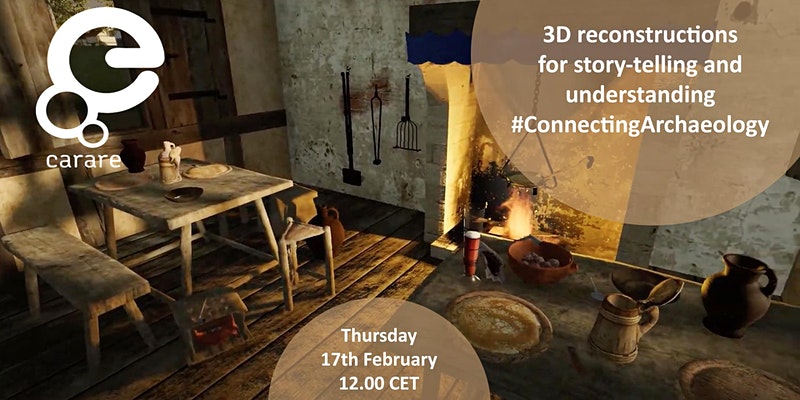 This webinar explored some of the ways that 3D reconstructions are being used for story telling and to aid understanding. Two speakers gave short presentations:
This webinar explored some of the ways that 3D reconstructions are being used for story telling and to aid understanding. Two speakers gave short presentations:
